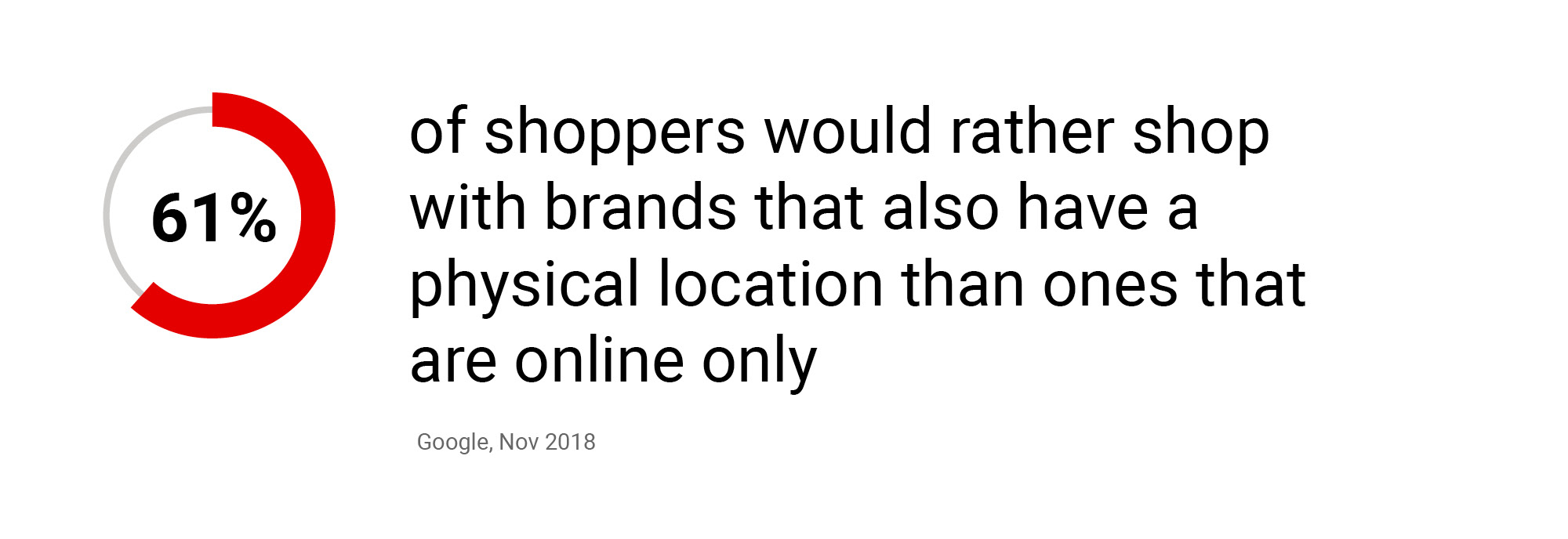
By the end of this year, Statista estimates there will be 6.8 billion mobile users worldwide.
NB: This is an article from Sabre Hospitality
The rise of mobile has generated countless shifts in consumer trends and behaviors, requiring consumer-facing businesses to constantly switch gears to keep pace. Those that refuse to evolve are barely holding on if they haven’t already been wiped out. Companies like Amazon, Starbucks and Netflix are consistent examples of what hyper-focus on catering to the needs of the evolving consumer looks like. And this level of personalization is something consumers have come to expect from all brands they encounter.
Personalization is not a trend: it’s an expectation

How many articles or reports did you read last year about personalization? If I were to guess, I’d guess “a lot.” And there’s a reason this conversation isn’t going away. 90% of travelers worldwide say they expect a personalized experience when they book their travel.
Consumers want you to know them. They want you to understand their needs and desires, and they want you to make recommendations based on that knowledge. Nearly half of consumers have purchased a product they did not initially intend to buy after receiving a personalized recommendation. And a whopping 90% of people are willing to share their behavioral data if it makes shopping cheaper or easier. The more intelligent and granular personalization becomes, the easier it is to spot those that are missing the mark. And, according to Salesforce, 51% of customers say companies fall short of their expectations for great experiences.

For an industry that is so close to the consumer – they are literally staying with you! – hospitality seems to continually lag behind other industries when it comes to the implementation of personalization and its utilization of personal data. Hospitality technology has made some huge strides over the recent years and hoteliers undoubtedly know that personalized experiences are key. However, consumers don’t care (and shouldn’t have to) about why you can’t provide the personalized experiences they desire.
Year over year we’ve seen the continued growth and dominance of OTAs. Why? It’s not just because they spent over 10 billion on marketing last year. It’s because they focus on personalization. They continually make it easier to book and they provide personalized recommendations to their users, further driving revenue with impulse purchases. Bookings made with OTAs are highly driven by price, but what hoteliers are losing is much more than a price war. Last year, direct booking campaigns from brands like Hilton and Marriott were in full force in an effort to reclaim ownership of the guest relationship and guest data, with the promise of getting the best rate. Because how can you personalize the experience without the data?
The push and pull from “OTAs vs. hoteliers” can only go so far. But It’s not about who’s winning or who’s spending the most on digital advertising. Until consumers see hotels as a travel resource, they will continue to rely heavily on price to influence their decisions. Hoteliers need to think beyond trying to compete with OTAs on pricing or rely solely on loyalty programs for returning guests and revenue, and rather position themselves in a way that others can’t.
Hoteliers are uniquely positioned to be #influencers
Metasearch sites have made it fairly easy to see all the options available when researching or planning travel. However, the number of options now available to the consumer has become overwhelming, making the entire planning and booking process of travel as a whole increasingly complex. This is why travel agents are still a highly valuable resource as they save time and can provide expertise and recommendations. But hoteliers have the ability to take it even further.

Hotels are physical spaces that exist in locations guests desire to be. Why did Alibaba open retail stores? Why did Amazon acquire Whole Foods, partner with Kohl’s, or open book and convenience stores? Because there is value in physical space. Google reports that 61% of shoppers would rather shop with brands that also have a physical location than ones that are online only. You’ve got boots on the ground. You’re a local. And you’ve got the address to prove it. You have all the means to be regarded as a trusted source. Now pair that with the consumer’s desire for an experience personalized to them. Experiences they have repeatedly stated they are willing to pay more for.
The success of Airbnb showcases the craving for an authentic, unique, local experience – something travelers feel they aren’t getting with a “traditional” hotel. However, hoteliers can also provide local, unique experiences in addition to providing the consistency and service you can’t get elsewhere. And we are already seeing hoteliers respond to this need for the bespoke by transforming their hotel space into an experiential destination. For example, Lisboeta hotel in Macau will be entirely themed around the Line Friends characters from the Japan-based Line messaging app. But the biggest success of Airbnb lies simply in the utilization and monetizing of unused spaces. The idea that hoteliers are constrained to only offering up various forms of standard room types has allowed for the development of alternative forms of hospitality. It is a constraint that needs to be lifted in order for hoteliers to compete in the marketplace and remain desirable and relevant to consumers.
The shift towards retail
The days of hotels simply providing rooms and rates are numbered. Armed with guest data, physical space and local perspective, hoteliers are in a prime position to become the ultimate retailer. The idea of room types not being the core of a booking or travelers not being tied to a reservation may seem unrealistic, but non-room revenue is the future and will be the highest revenue driver. Take a company like Disney. Most people don’t label Disney as a retailer. But ask anyone and they’ll tell you how easy it is to spend money on a Disney vacation. They’ve made the entire process of purchasing goods part of the brand experience. And hoteliers have the same opportunity.
Imagine how much potential is unlocked when you have the ability to monetize every feature, amenity, service, space or experience at or near your property without being tied to room types and reservations. This is a win-win for everyone. Travelers will be able to create their own customized experience pre-selected specifically for them by intelligence-backed recommendations, and in turn, hoteliers will be able to generate revenue that would not have otherwise existed – with space that’s already available.
Part of this equation requires the technology, but the other part involves a change in perspective. Most likely, your collective space is underutilized and worth much more than you could have imagined. You aren’t just a “hotel” or a “hotel brand.” No – you are much more. And once you start to position yourself as an influencer, as a travel resource, as a provider of experiences – the revenue possibilities are truly infinite.



